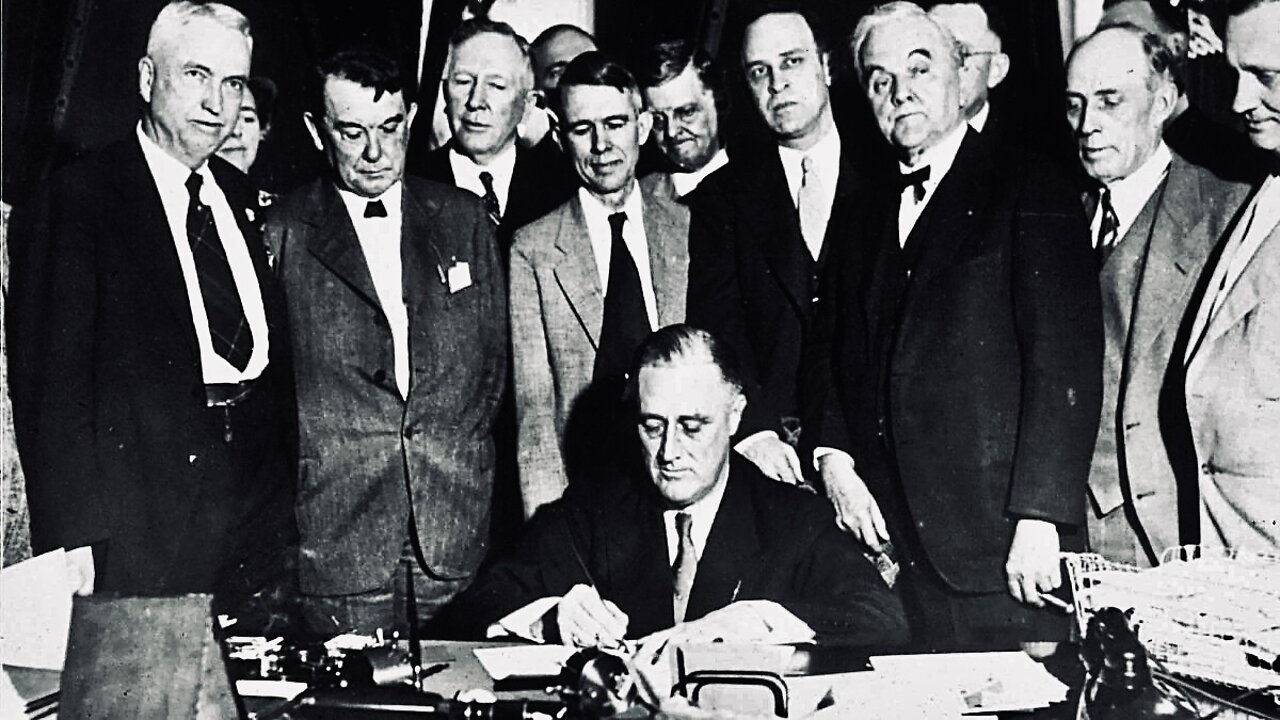Looking At Old History Textbooks
The Borgias of History - Renaissance Studies
Alexander had widespread public support, and was capable, diplomatic and skilled, as well as rich, hedonistic and concerned with ostentatious displays. While Alexander at first tried to keep his role separate from family, his children soon benefited from his election, and received huge wealth; Cesare became a cardinal in 1493.. Relatives arrived in Rome and were rewarded and the Borgais were soon endemic in Italy. While many other Popes had been nepotists, Alexander was promoting his own children and had a range of mistresses, something that further fuelled a growing and negative reputation. At this point some of the Borgia children also began to cause problems, as they annoyed their new families, and at one point Alexander appears to have threatened to excommunicate a mistress for returning to her husband. Alexander soon had to navigate a way through the warring states and families which surrounded him, and at first he tried negotiation, including the marriage of a twelve year old Lucrezia to Giovanni Sforza. He had some success with dipomacy, but it was short lived. Meanwhile Lucrezia's husband proved a poor soldier, and he fled in opposition to the pope, who then had him divorced. We don't know why he fled, but accounts claim he believed rumours of incest between Alexander and Lucrezia that persist to this day.Alexander looked at the condition of the Papal States, left in disarray after the first French invasion, and decided military action was needed. He thus ordered Cesare, who was in Milan with his army, to pacify large areas of central Italy for the Borgias. Cesare had early success, although when his large French contingent returned to France he needed a new army and returned to Rome. Cesare seemed to have control over his father now, and people after papal appointments and acts found it more profitable to seek out the son instead of Alexander. Cesare also became Captain-General of the churches armies, and a dominant figure in central Italy. Lucrezia's husband was also killed, possibly on the orders of an angry Cesare, who also was rumoured to be acting against those who badmouthed him in Rome by assassinations. Murder was common in Rome, and many of the unsolved deaths were attributed to the Borgias, and usually Cesare. With a substantial war chest from Alexander, Cesare conquered., and at one point marched to remove Naples from the control of the dynasty who had given the Borgias their start. When Alexander went south to oversee the division of land, Lucrezia was left behind in Rome as regent. The Borgia family gained great amounts of land in the Papal States, which were now concentrated in the hands of one family more than ever before, and Lucrezia was packed off to marry Alfonso d'Este to secure a flank of Cesare's conquests. The Fall of the Borgias As the alliance with France now seemed to be holding Cesare back, plans were made, deals struck, wealth acquired and enemies murdered to take a change of direction, but in mid-1503 Alexander died of malaria. Cesare found his benefactor gone, his realm not yet consolidated, large foreign armies in the north and south, and himself also deeply ill. Furthermore, with Cesare weak, his enemies rushed back from exile to threaten his lands, and when Cesare failed to coerce the papal conclave he retreated from Rome. He persuaded the new pope to re-admit him safely, but that pontiff died after twenty six days and Cesare had to flee. He supported a great Borgia rival, Cardinal della Rovere, as Pope Julius III, but with his lands conquered and his diplomacy rebuffed an annoyed Julius arrested Cesare. Borgias were now thrown out of their positions, or forced into keeping quiet. Developments allowed Cesare to be released, and he went to Naples, but he was arrested by Ferdinand of Aragon and locked up again. Cesare did escape after two years, but was killed in a skirmish in 1507. He was just 31. http://europeanhistory.about.com/od/italyandthecitystates/a/The-Borgias.htm

















































